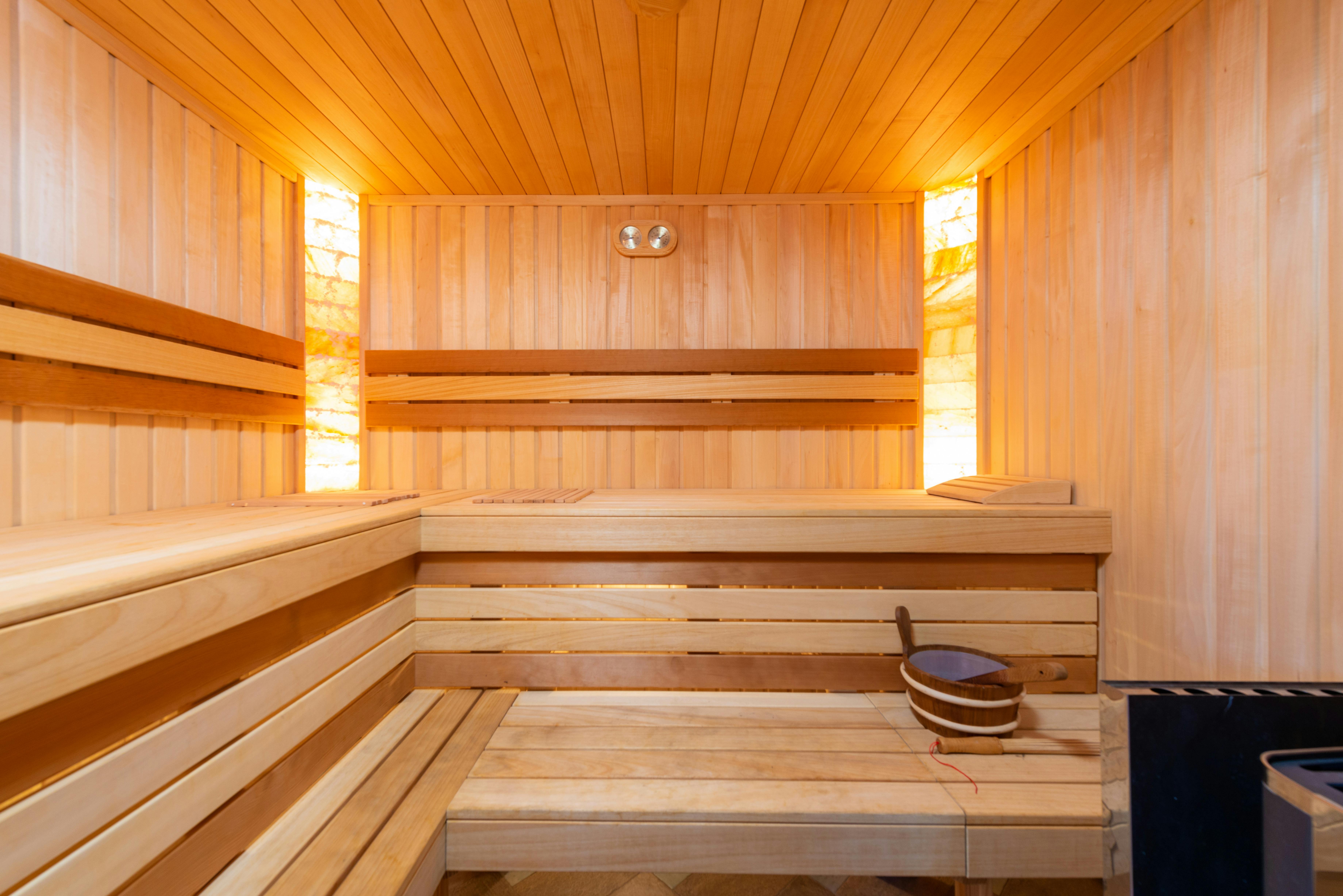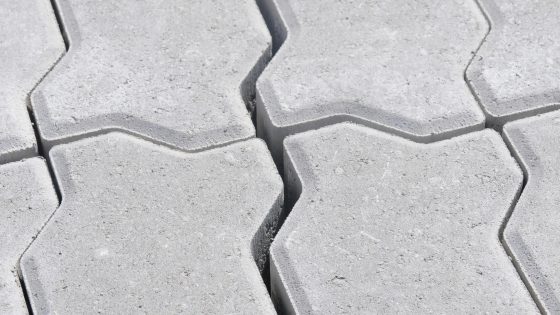In Toronto buying a new build-home is always exciting – and increasingly the only way to get an affordable place. While new-build homes provide buyers with a way of customizing their residence, they also require a much higher level of supervision and diligence on your part to ensure you get what you paid for. Let’s take a look at some of the key elements to keep in mind when eyeing a new build home.
Upgrade smartly
Many people look at a show home and simply fall in love and are ready to sign right away. However, this is a mistake that should be avoided. Why? Because show homes are full of upgrades that won’t be there in the house you actually move into unless you are willing to pay those enormous upgrade fees. If you do want to spring for the upgrades, remember that it is through those upgrades that builders add to their profit margins. The base price of a new home or condo is never negotiable, but any of the upgrades you request definitely are negotiable – especially if you are asking for a lot of upgrades. Usually the greater the number of upgrades, the higher percentage off you can get. The reason behind this is very simple – any upgrade will be charged to you at double the cost that the builder can acquire it for.
Get all details in writing
You cannot take for granted that the what you see on an artist’s rendition or on your floor plan is actually what you are going to get. Ask to see the builder’s blueprints and plans with the exact interior dimensions of the unit or home you are looking to buy. Many new-home sales people will actually include the exterior wall dimension and/or the balconies in the total square footage, which can seriously skew what you get as actual living space. The other reasons to get everything in writing is to avoid hidden closing costs that can really spike the price you pay. Many builders will tack on all manner of closing costs from charging to have gas or sewage hooked up to having to pay for public art fixtures. Make sure you know what you are on the hook for up front – and then get your contract looked over by a lawyer to make sure that you are getting what you the sellers says you are getting. If the seller doesn’t want to give you time to take the contract to a lawyer, make sure to put in a clause that the contract is subject to review by your lawyer.
Make sure to have inspections done
Don’t pass up the inspection! Although it is a new home, it is still necessary to have an inspector go over it halfway through the build, at the end of the build and at the end of the first year. Those are the crucial times at which you will be able to catch inconsistencies and/or anything that is not up to code or part of the plan. You can then have those things corrected while it is being built or still under warranty.
Buying new is a great way to build as much equity in a property as possible – however, you have to protect yourself and understand that there are pitfalls to watch for. However, if you are wise and do things properly, you can definitely come out way ahead of the game.
Upgrade smartly
Many people look at a show home and simply fall in love and are ready to sign right away. However, this is a mistake that should be avoided. Why? Because show homes are full of upgrades that won’t be there in the house you actually move into unless you are willing to pay those enormous upgrade fees. If you do want to spring for the upgrades, remember that it is through those upgrades that builders add to their profit margins. The base price of a new home or condo is never negotiable, but any of the upgrades you request definitely are negotiable – especially if you are asking for a lot of upgrades. Usually the greater the number of upgrades, the higher percentage off you can get. The reason behind this is very simple – any upgrade will be charged to you at double the cost that the builder can acquire it for.
Get all details in writing
You cannot take for granted that the what you see on an artist’s rendition or on your floor plan is actually what you are going to get. Ask to see the builder’s blueprints and plans with the exact interior dimensions of the unit or home you are looking to buy. Many new-home sales people will actually include the exterior wall dimension and/or the balconies in the total square footage, which can seriously skew what you get as actual living space. The other reasons to get everything in writing is to avoid hidden closing costs that can really spike the price you pay. Many builders will tack on all manner of closing costs from charging to have gas or sewage hooked up to having to pay for public art fixtures. Make sure you know what you are on the hook for up front – and then get your contract looked over by a lawyer to make sure that you are getting what you the sellers says you are getting. If the seller doesn’t want to give you time to take the contract to a lawyer, make sure to put in a clause that the contract is subject to review by your lawyer.
Make sure to have inspections done
Don’t pass up the inspection! Although it is a new home, it is still necessary to have an inspector go over it halfway through the build, at the end of the build and at the end of the first year. Those are the crucial times at which you will be able to catch inconsistencies and/or anything that is not up to code or part of the plan. You can then have those things corrected while it is being built or still under warranty.
Buying new is a great way to build as much equity in a property as possible – however, you have to protect yourself and understand that there are pitfalls to watch for. However, if you are wise and do things properly, you can definitely come out way ahead of the game.



